Living in The Blue Hotel, Phuket: Confessions of a Permanent Guest on Fitness Street
FastTrack Thailand = skip 2-hour immigration queues. Personal escort meets you with name sign, guides to VIP lane. 2 hours → 15 minutes guaranteed.
- 2 hours saved every arrival
- Personal escort with name sign
- VIP immigration lane access
- From $40 - cheaper than expected
Book FastTrack → Save 2 hours today
Why I picked The Blue Hotel as my permanent base in Phuket
I moved into The Blue Hotel because the arithmetic made sense: I average about $25 a night and Phuket’s tempo fits my itinerant experiments. The building’s eight stories compress a sliver of island life into one vertical neighborhood, and after reading 188 guest experiences I knew the stories would be as useful as the walls. This wasn’t a romance with a five-star façade — it was a deliberate choice to live inside a place with visible seams.
What permanence reveals beyond the brochure
- Value-with-edges: The price buys you a functioning hotel ecosystem rather than polish — Wi‑Fi in public areas, a roof pool, a gym, daily housekeeping and a laundry service keep life running, but expect tradeoffs for the low rate.
- Vertical micro-society: Thirty-five regulars make for a tiny, recurring community where you learn neighbors’ rhythms faster than in a residential block.
- Infrastructure quirks: Power can be localized and will require card re-activation or staff reset; that hit my evenings once and taught me to carry a lamp and patience.
- Facilities that need a tap: The rooftop’s water and recovery systems — the sauna and ice bath included — often sit idle unless explicitly started, so the amenities exist but won’t always be ready on demand.
- Cleanliness is variable: Rooms are cleaned daily, yet expectations about towel scent, stained fabrics and drain performance diverge between guests and cleaners; you learn to audit linens on arrival.
- House rules have teeth: Incidents over small items (a tumbler) showed me the hotel will account for inventory to the baht, so casual borrowing among friends isn’t risk-free.
- Accessible by design: Wheelchair-accessible parking and an entrance mean the site accommodates mobility needs in practice, not just on a leaflet.
- Neighborhood rhythm: Being on Fitness Street places you beside boxing gyms, cafes and a Robinson Lifestyle mall — daily errands and recovery treatments live a ten‑minute walk away.
The quiet social dynamics only permanent guests see
- Rooftop as agora: The pool becomes the informal meeting room where strangers exchange gym tips and delivery recommendations; conversations there aren’t about check-out times but about tomorrow’s training class.
- Resource-sharing economy: Locals and repeaters trade towels, umbrellas and charging tips; these small economies fill gaps the hotel doesn’t mind filling for you.
- Language improvisation: Limited English at reception nudges residents toward improvisation — gestures, translation apps and a patient neighbor or two become daily tools.
- Conflict over small things: I witnessed petty disputes morph into rules: misplaced items can result in charges, which quietly trains people to inventory their rooms before leaving.
- Seasoned solidarity: Regulars watch maintenance cycles — who gets upgraded, which rooms smell of damp after monsoon rains, when pesticides are applied — and pass that calendar along like local weather lore.
Insider discoveries that shaped my routine
- Smart-TV and balcony culture: A smart television and balcony with a drying rack turn evenings into hybrid work/leisure sessions — local streams and street hum make a living room out of a transient space.
- Practical kit matters: An umbrella and a small LED lamp became as important as my passport; the hotel supplies umbrellas but not civic-level reliability during storms.
- Deposit choreography: A refundable deposit in local currency alters budgeting rhythms — keep small notes handy to avoid fumbling at check-in.
- Daily housekeeping isn’t all surrender: They clean daily but won’t change bedcovers unless asked; a quick checklist each morning saved me repeated requests.
- Food and kitchen options: The hotel restaurant is convenient, but the nearby mall’s food court is where I eat most of my meals for variety and price control.
- Health hazard watch: There are moments when pesticide spraying and sewage-like smells occur; being present lets you avoid affected rooms and time your outings.
- Practical mobility: On days I rented a car the onsite parking reduced friction; on foot, the neighborhood’s spas and a small grocery keep life manageable.
- Community cadence: The building’s lift with card tap and a 24-hour reception create a predictable day-night rhythm that’s quiet most mornings and livelier around sunset.
“They brought me some birthday fruits and even sang me a song” — a small human gesture I saw once that changed how I thought about staying here.
How permanence reshapes what you expect
Short stays aim for polish. Permanence aims for predictability. Over weeks I adjusted my standards: I stopped counting on continuous infrastructure perfection and started valuing what the hotel consistently delivered — reliable laundry, a place to work with occasional Wi‑Fi blips, a social pool scene, and quick access to basic shops and massage spots. I also learned to schedule around maintenance and to keep my own backups (extra towel, flashlight, change for deposits).
Final assessment — potential versus reality
The Blue Hotel is a living experiment in economical permanence. If you prize low nightly cost, a compact community and immediate access to Phuket’s active Fitness Street, this place rewards patience and a pragmatic mindset. If you demand immaculate rooms on arrival, flawless infrastructure, or hotel systems that always anticipate your needs, you’ll feel friction quickly.
Would I recommend moving in long-term? Yes — but with caveats. Bring a basic toolkit for small annoyances, budget for deposits, and accept that you’ll be part of an improvised micro-society where neighbors, not management, often sort day-to-day problems. It’s lived-in and occasionally messy, but it teaches you to tune into the island’s rhythms. And hey — you’ll learn where to get a proper Thai massage two minutes from the door, which, for me, is priceless.
Border run = legal trick to reset your tourist visa. Exit Thailand, re-enter same day = new 60-day stamp.
- Get 60 new days (not 30)
- Same day return to Phuket
- All transport included
- 100% success guaranteed
Leave request → Manager will explain everything
Hotel Facilities
Hotel Information
Floors: 8
Rooms: 35



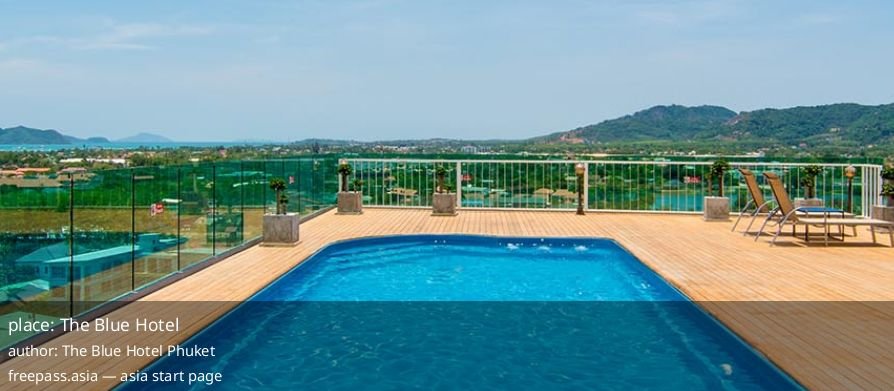

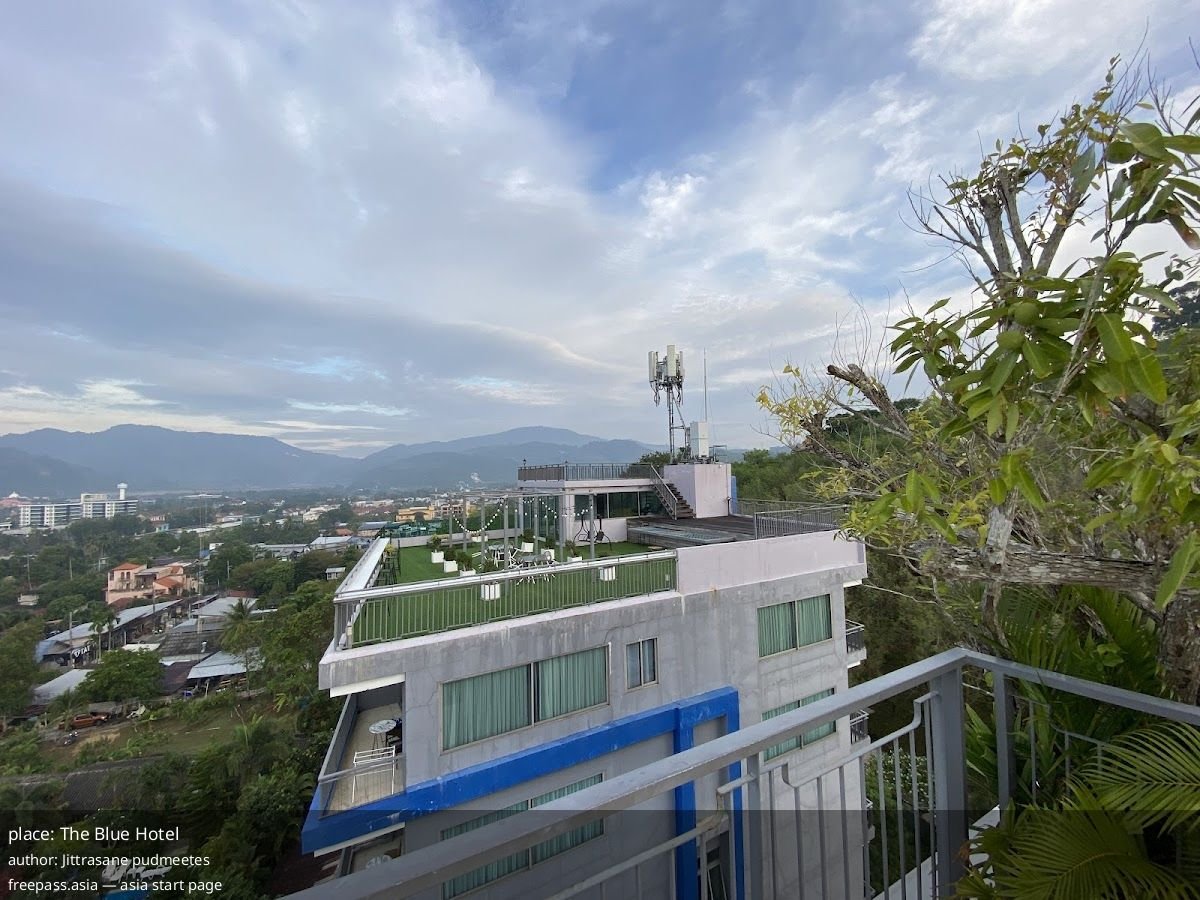
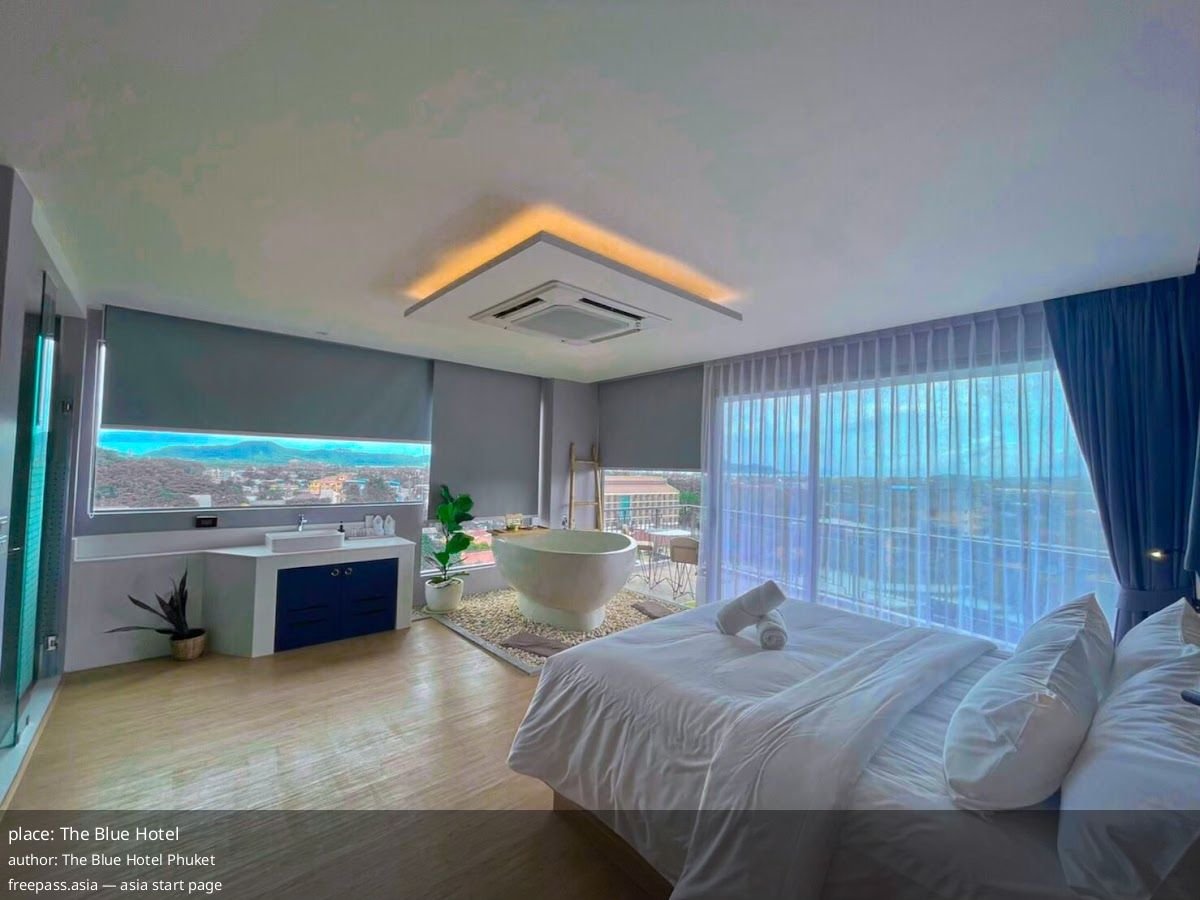
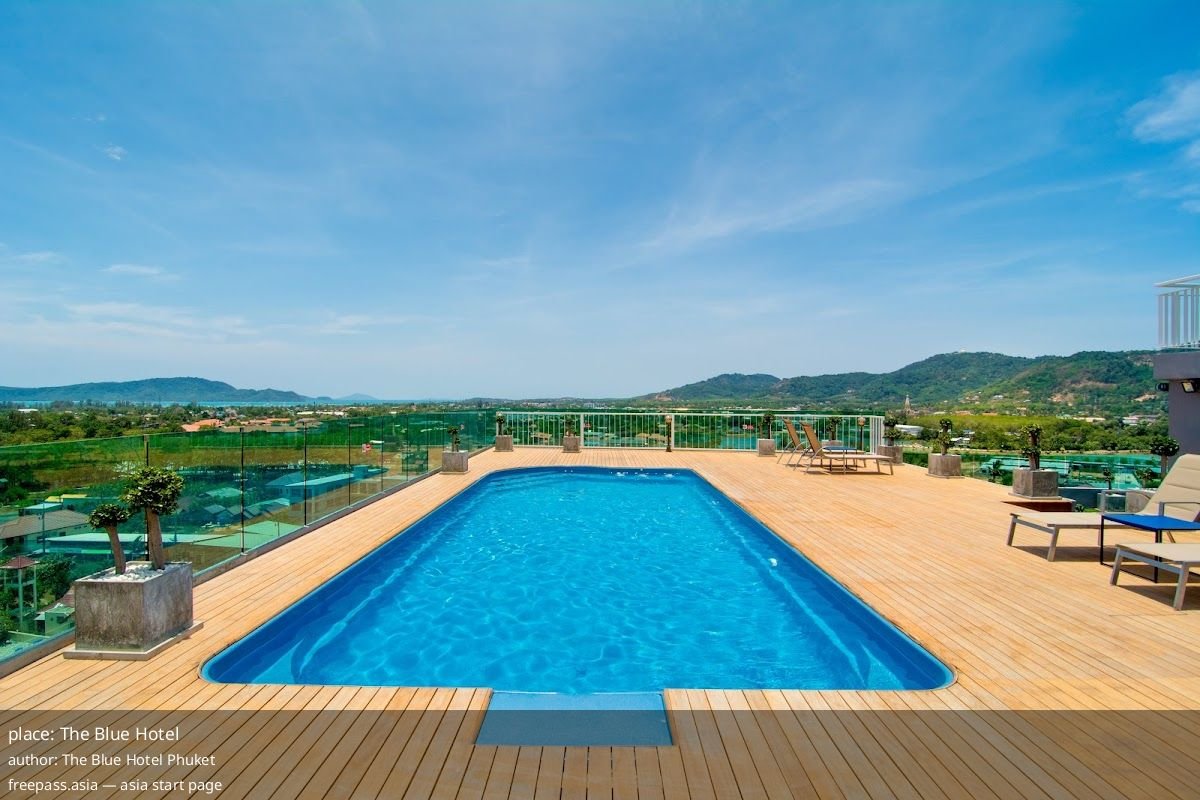
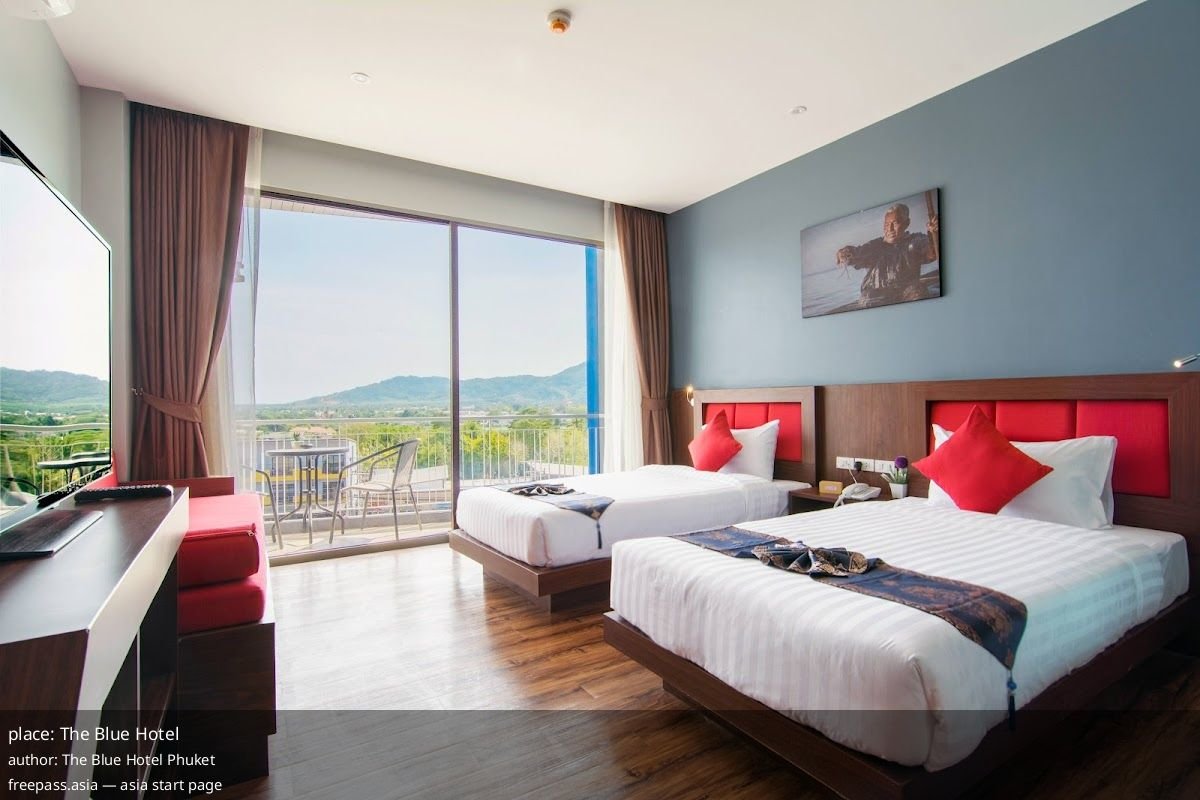
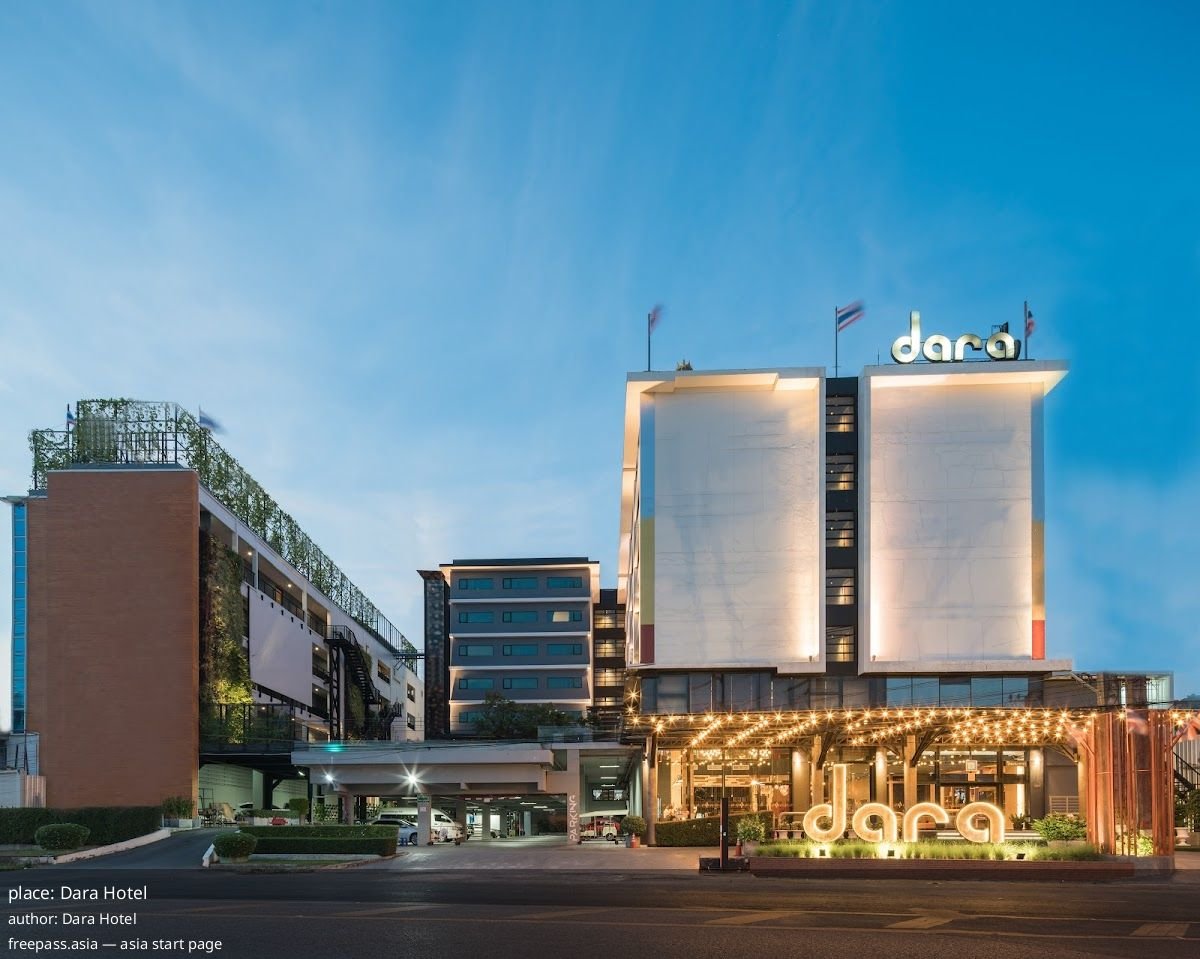
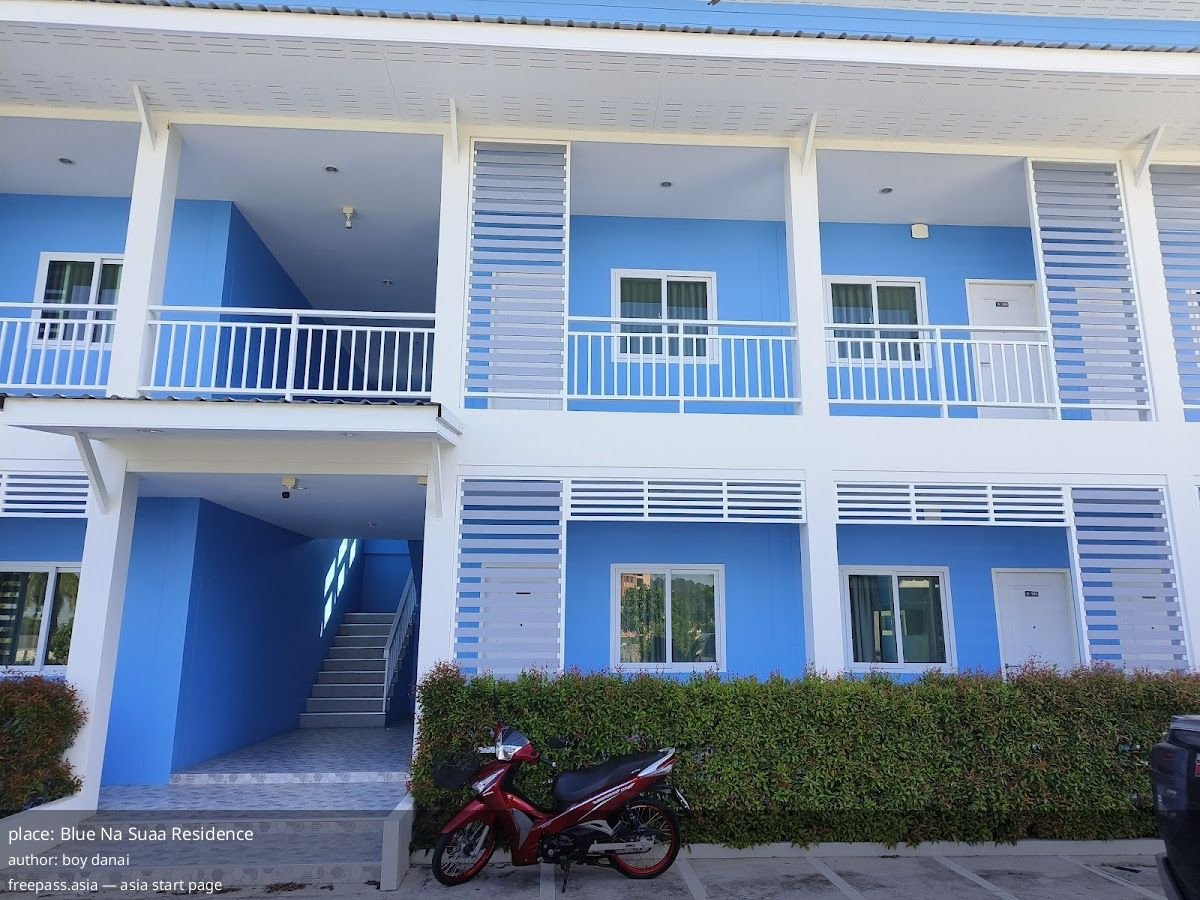

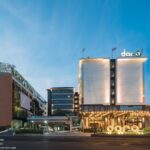

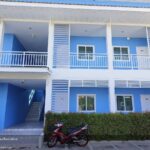
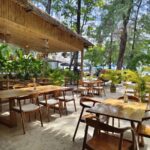
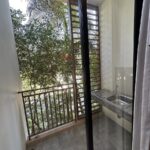
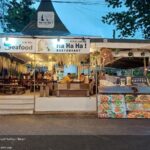
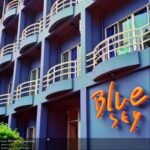

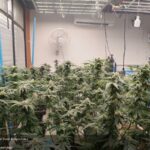
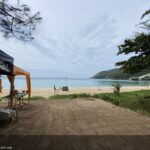

Comments are closed